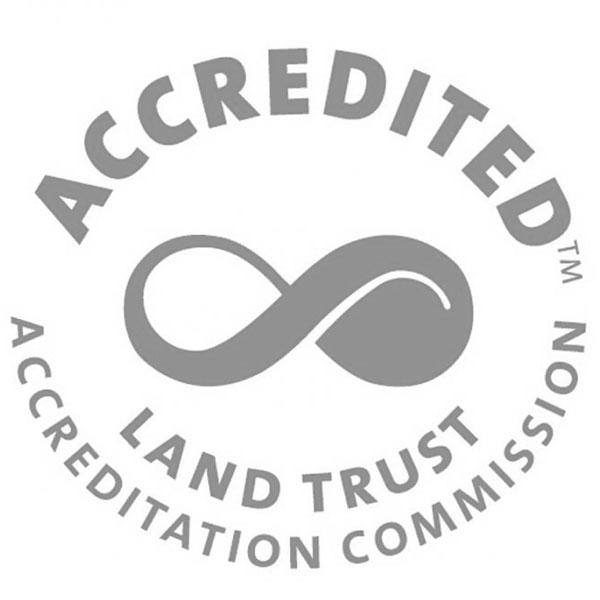March 17, 2017
EASTON – The Eastern Shore is the third most susceptible region to the effects of sea level rise in the country. The Eastern Shore Land Conservancy (ESLC), a progressive, environmentally-focused nonprofit organization headquartered in Easton, will host the half-day conference, Unsinkable Eastern Shore II: Rural America Responds to Climate Change, on Saturday, April 1st from 9am to 1pm. The event will be held at the Eastern Shore Conservation Center – the former McCord laundry facility which ESLC rehabilitated and has since occupied with several other conservation groups since 2015.
The event is $20 to attend and includes breakfast, two panel discussions, and presentations by two keynote speakers. Also included with admission is a copy of speaker John Englander’s book High Tide on Main Street, which Politico Magazine called “one of the 50 most important books to read in 2016.” Attendees may register online but are encouraged to do so soon, as seating is limited.
The conference will be hosted by ESLC’s Coastal Resilience Manager, Brian Ambrette, who has been working with town and county government on the Mid and Upper Shore for more than two years, helping to bring awareness about the effects of climate change – most notably, sea level rise – as well as working to help implement sound planning in the form of mitigation strategies and town/county comprehensive plans.
“I hope our audience will learn how their communities and their neighbors are embracing change as an opportunity to innovate and make the systems we rely on stronger and greener”, notes Ambrette. “I am excited about the new ideas that our keynote speakers will inject into the conversation.”
While the conference panels boast a mix of knowledgeable educators and emergency management professionals, the inclusion of oceanographer, author, and consultant John Englander is perhaps the most impressive addition to the conference. As a leading
Read More







